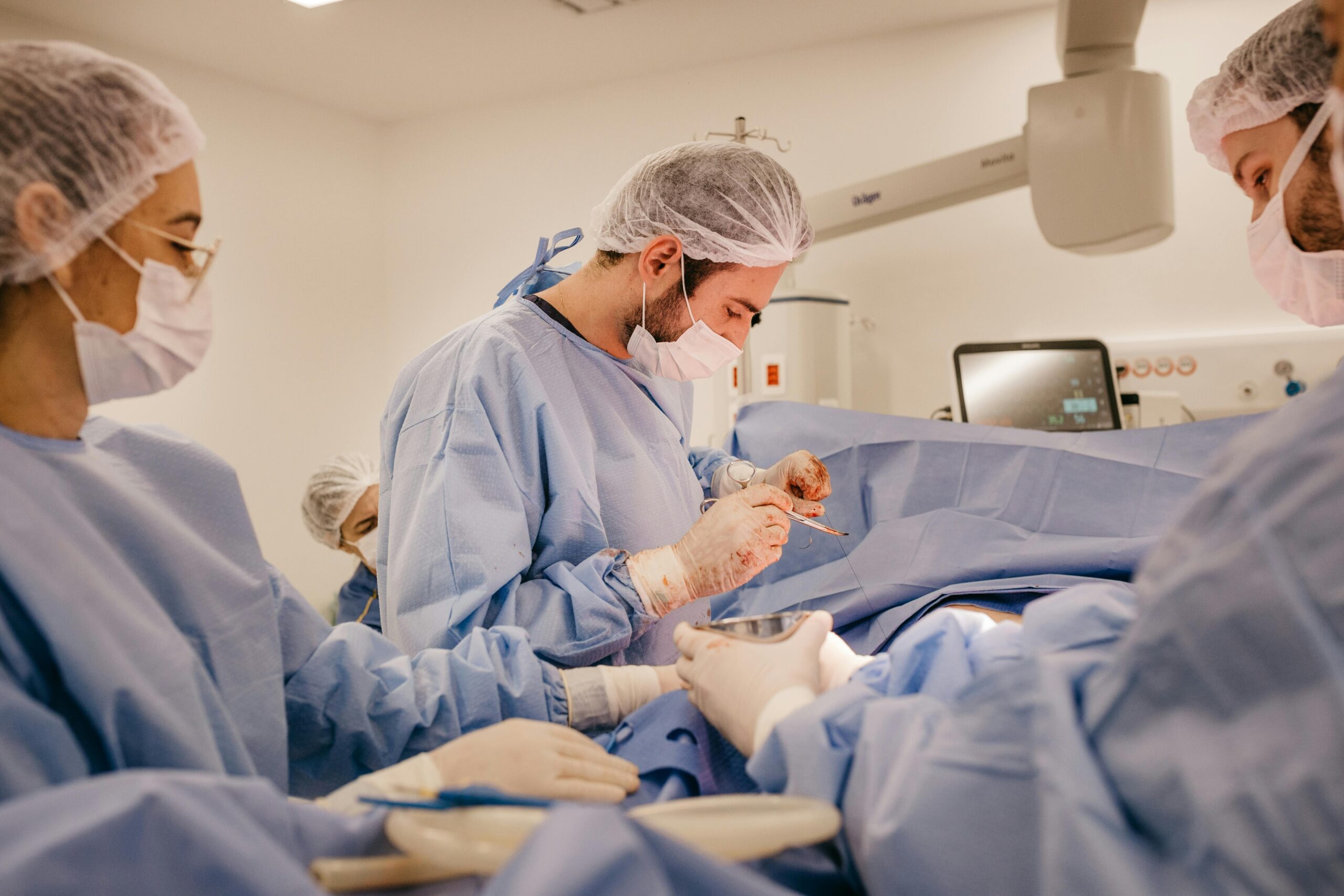
9 Common Types of Medical Malpractice
Medical malpractice is a term that often brings feelings of confusion and concern. It refers to situations where a healthcare professional, like a doctor or nurse, fails to provide the appropriate standard of care, leading to harm or injury to a patient. Understanding the common types of medical malpractice is crucial. It helps patients recognize their rights and guides healthcare professionals in upholding high standards of care. This article highlights nine common types of medical malpractice, aiming to increase awareness and understanding.
Misdiagnosis or Delayed Diagnosis
A common form of medical malpractice is misdiagnosis or delayed diagnosis. Misdiagnosis happens when a healthcare professional incorrectly identifies a patient’s condition, while delayed diagnosis refers to a significant lag in identifying the correct condition. These errors can be serious. For instance, a misdiagnosed illness might lead to unnecessary or harmful treatments. Similarly, a delayed diagnosis might mean a missed opportunity for early treatment, potentially leading to more severe health issues.
Misdiagnosis or delayed diagnosis can have significant impacts. For example, in cancer treatment, a delayed diagnosis can mean the difference between a treatable illness and one that has progressed too far.

Childbirth Injuries
Childbirth is a miraculous yet complex process that can sometimes lead to medical complications. Childbirth injuries are a significant concern that may result from medical malpractice. These injuries can happen to either the mother or the baby during pregnancy, labor, or delivery. Common examples include brachial plexus injuries, which affect the nerves responsible for arm and hand movement, and cerebral palsy, a neurological disorder that affects body movement and muscle coordination.
These injuries can have long-term impacts on the child’s life and the family as a whole. In some cases, families might seek birth injury lawsuit settlements to help cover the costs of long-term care and treatment for these injuries. Therefore, expectant mothers must have regular prenatal care and open communication with their healthcare providers to minimize the risk of childbirth injuries.
Medication Errors
Medication errors are another type of medical malpractice that can have serious consequences. These errors can occur in various ways, such as prescribing the wrong medication, giving an incorrect dosage, or administering a drug that the patient is allergic to. The effects of medication errors can range from mild discomfort to severe health complications or even death.
Patients can play a role in preventing medication errors. They should always inform their healthcare providers about all the medicines they are taking, including over-the-counter drugs and supplements. Additionally, they should ask questions about any new medications prescribed to them, including what the medication is for, how to take it, and potential side effects. This proactive approach can help reduce the risk of medication errors.
Surgical Errors
Surgical errors are a major concern in hospitals and clinics. These errors can happen during surgery and include things like operating on the wrong body part or leaving a surgical instrument inside the patient’s body. Such mistakes can lead to severe health issues, long-term damage, or sometimes, even death.
One of the ways to prevent these errors is clear communication among the surgical team. Also, patients should always make sure they understand the details of the procedure and feel free to ask any questions they have before going into surgery.

Anesthesia Errors
Anesthesia is necessary for numerous surgical operations, yet errors in its use can pose severe risks. Mistakes such as administering too much or too little anesthesia or not properly monitoring a patient’s vital signs during a procedure can have grave consequences, potentially causing brain damage or, in extreme cases, death.
To minimize the chances of such errors, patients must share their complete medical history with the anesthesiologist. This includes mentioning any allergies and current medications. With this information, the anesthesiologist can make more informed decisions, ensuring a safer approach to anesthesia.
Hospital-Acquired Infections
Infections acquired in hospitals are another form of medical malpractice. These infections can occur post-surgery or through the use of unsterilized equipment. Such infections can lead to prolonged hospital stays and additional treatments and, in severe cases, can be life-threatening.
Hospitals are responsible for maintaining strict hygiene standards to prevent these infections. As a patient, asking healthcare providers to wash their hands before examining you is a simple yet effective way to reduce the risk of hospital-acquired infections.
Failure to Treat
Failure to treat arises when a doctor identifies a patient’s condition accurately but does not provide or suggest the necessary treatment. This oversight can occur in hectic medical environments where a doctor is handling numerous patients and may inadvertently neglect some patients’ treatment requirements.
Patients need to be proactive about their health care. They should regularly check in with their doctor about their diagnosis and inquire about the most effective treatment methods. If there’s any uncertainty, patients can get a second opinion to confirm that they are on the correct treatment path for their specific condition.
Failure to Follow Protocols
Failure to follow medical protocols and guidelines can result in patient harm. This type of malpractice involves healthcare professionals neglecting established rules, which can lead to errors in treatment or medication.
Patients can help prevent this by being informed about their treatment plan and asking questions about any part of the care that seems unclear or incorrect. It’s important for healthcare providers to strictly adhere to medical protocols to ensure patient safety.
Inadequate Follow-up or Aftercare
Inadequate follow-up or aftercare is a type of medical malpractice that occurs when healthcare providers fail to offer proper post-treatment care. This can include not scheduling follow-up appointments, failing to check on a patient’s recovery progress, or neglecting to provide instructions for aftercare for a procedure. Such negligence can lead to complications, slow recovery, or even relapse into illness.
Patients should actively participate in their aftercare plan, ensuring they understand what is required for their recovery. If instructions are unclear or follow-up appointments are not scheduled, patients must ask for this information to ensure they receive the care they need.
Wrapping Up
Understanding these nine common types of medical malpractice is essential for both patients and healthcare professionals. It helps patients be more informed and proactive about their healthcare and encourages healthcare professionals to maintain high standards of care.
If you suspect that you have been a victim of medical malpractice, it is important to seek legal advice. A professional can help you understand your rights and guide you through the process of addressing the issue. Remember, being informed and asking questions can go a long way in ensuring your safety and well-being.




